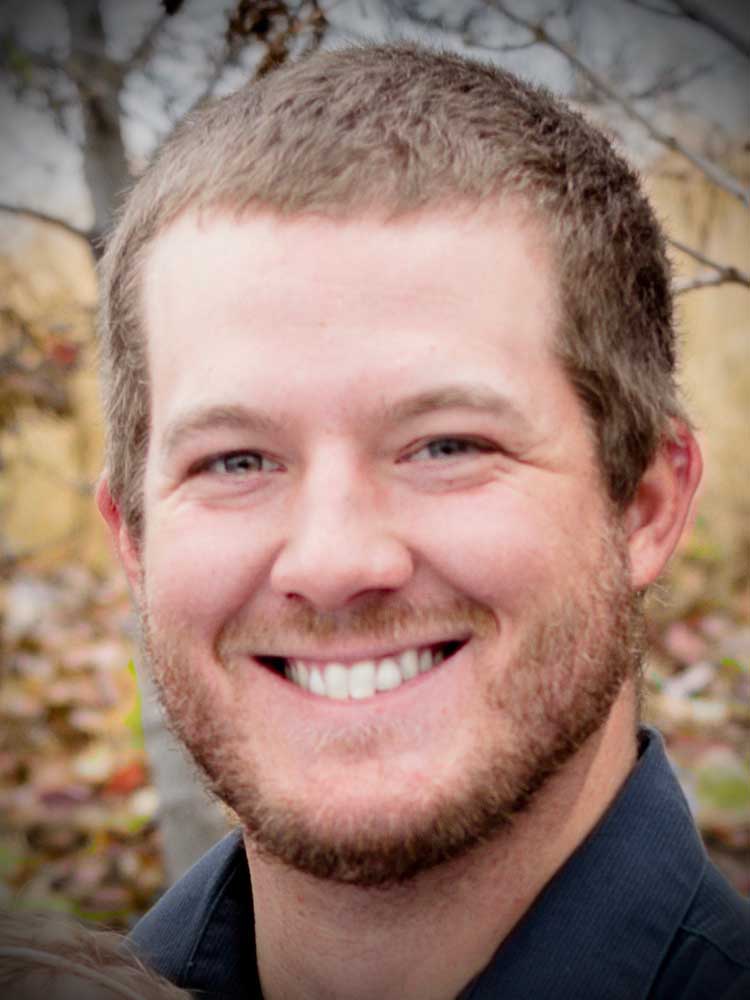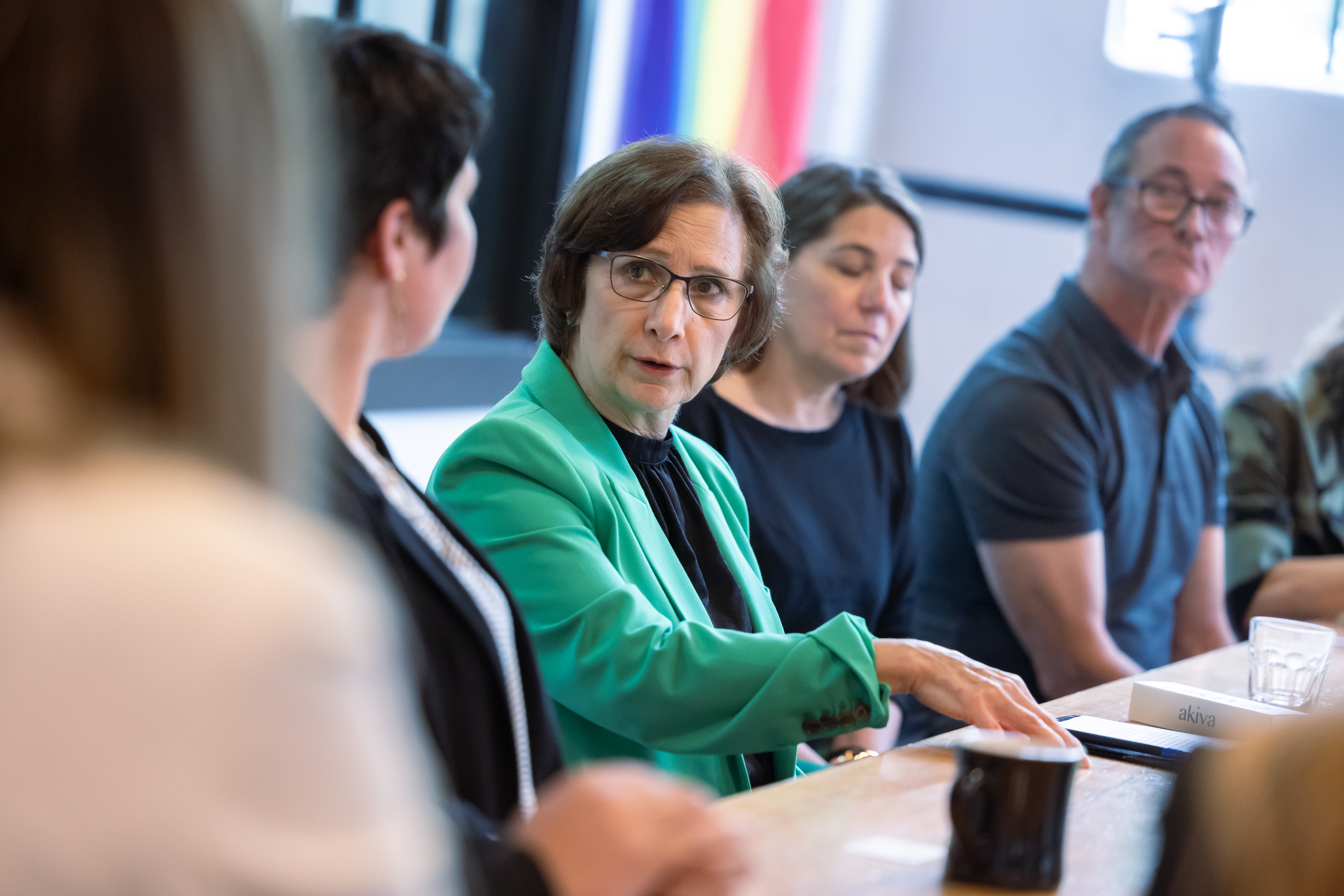On Liberty: The hefty consequences of silencing ourselves
Published 6:00 am Wednesday, June 2, 2021

- Patton
In last month’s column, I described how self-censorship is affecting the political discourse because publicly sharing our closely held beliefs often comes with a hefty price tag. Conversely, silencing ourselves often has devastating consequences of its own. When we refrain from debating and sharing ideas, the dominating narrative becomes monochromatic and dogmatic.
Furthermore, the inability to freely discuss ideas with others who disagree inhibits our ability to learn. Open, diverse dialogue is an essential element of any civilization or organization that values progress and broadened consciousness.
When censorship inhibits the development and sharing of ideas, what dominates is a dogmatic set of ideologies that lacks diversity and appreciation for the risk and creativity required to engage in “outside-the-box” thinking. We become a people predisposed to group-think, one of the greatest threats to objectivity and effective problem solving. We alienate those who hold different beliefs and in doing so we discount one of our most valuable assets.
Many people throughout history have been able to manipulate the public by use of censorship, but what is most striking is the fact that many atrocities committed for the sake of “the greater good” have taken place as a result of individuals’ decisions to silence their conscience. Growing up, we called this “peer pressure.” One tragic example of this is illustrated in Christopher Browning’s book “Ordinary Men,” in which he describes how normal, middle-aged, working class men in Nazi Germany eventually found themselves perpetrators of the mass murder of Jews because of their fear of being ostracized by their peers. During their service for the Order Police, these men were given multiple opportunities to decline participating in the violent activities ordered by superiors, yet Browning explains that the pressure to conform to the group was a major reason many men chose to participate, even in spite of their consciences.
The detrimental effects of censorship and group-think reach even further. Consider for a moment how science and technology have led to rapid advancements in civilization; this would not have been possible if not for the peer-review process that came about in the 1600s as Sir Isaac Newton’s publications spread rapidly throughout Europe. The peer-review process is vital to economic progress and technological innovation because it provides the sifting needed in order to allow the best ideas to rise to the top. Culture suffers when scientists and creatives are discouraged from thinking for fear of making a career-ending blunder. People have a right to be wrong.
The self-censorship by the mainstream media after the 2015 terrorist attack on French satirical weekly Charlie Hebdo was particularly discouraging for those “in the trenches” fighting for religious and political freedom. After the attack, instead of standing in defense of those brave enough to challenge religious dogma, the media refused to show the “provocative” cartoons out of fear of offending Muslims. Omar Aziz for The New Republic reported how one columnist “went so far as to accuse the dead of ‘editorial foolishness’ and ‘just being stupid.’” He further explains: “self-censoring not only stereotypes Muslims in the West as crazed and sensitive, but impedes the progress of free-thinking Muslims in the Islamic world who are challenging Sunni scholars who propagate the most conservative views. … For my Iraqi and Pakistani and Palestinian friends bravely challenging established religious dogmas in their countries, the threat of a Paris massacre is a lived reality each day they sit at their desks, prepared to die for every sentence they write. What message do we send to them when we censor the publication of images because we do not wish to offend?”
When we self-censor, we do harm not just to the world, but to our minds, as well. Freedom of speech is not a right preserved solely for the purpose of “speaking truth to power.” The innate desire to speak freely as addressed by our forefathers in the First Amendment is God-given and deserving of protection. We refine our ideas by bringing them out into the public and comparing and contrasting them with the ideas and knowledge of others. That is the essence of learning: receiving new information and comparing it to what we already know in order to assess its usefulness. Our ability to learn is what gives us the ability to change, and as a species we can utilize language to facilitate learning on a large scale. The purpose of language itself is to transmit thoughts from one mind to another, but what use is that if the thoughts being shared by others simply echo our own?
The fear that manifests as self-censorship is a fear that ultimately inhibits us from learning. Thai Nguyen of Entrepreneur.com explains how the fear of judgement is one of the greatest obstacles to learning. He states: “Our egos paralyze us the moment we’re about to ask a question. That fear of judgment is crippling. Rather than asking and gaining new knowledge, we protect our image and remain mired in our lack of knowledge.”
To cease learning and rob posterity in the process seems too high a price to pay for the sake of harmony.









